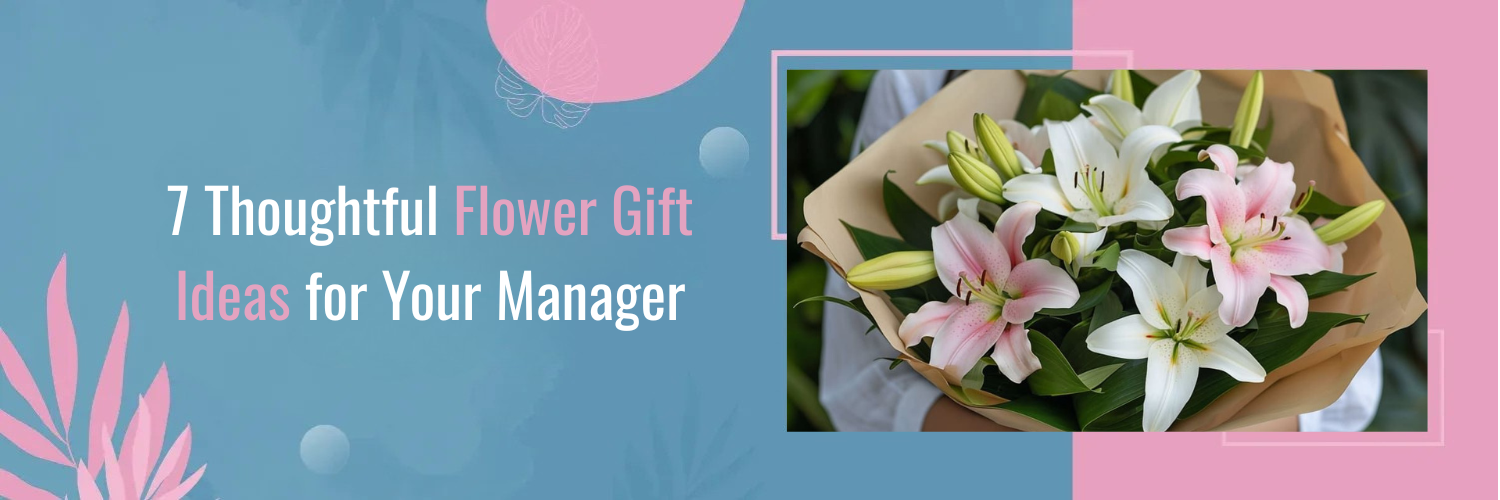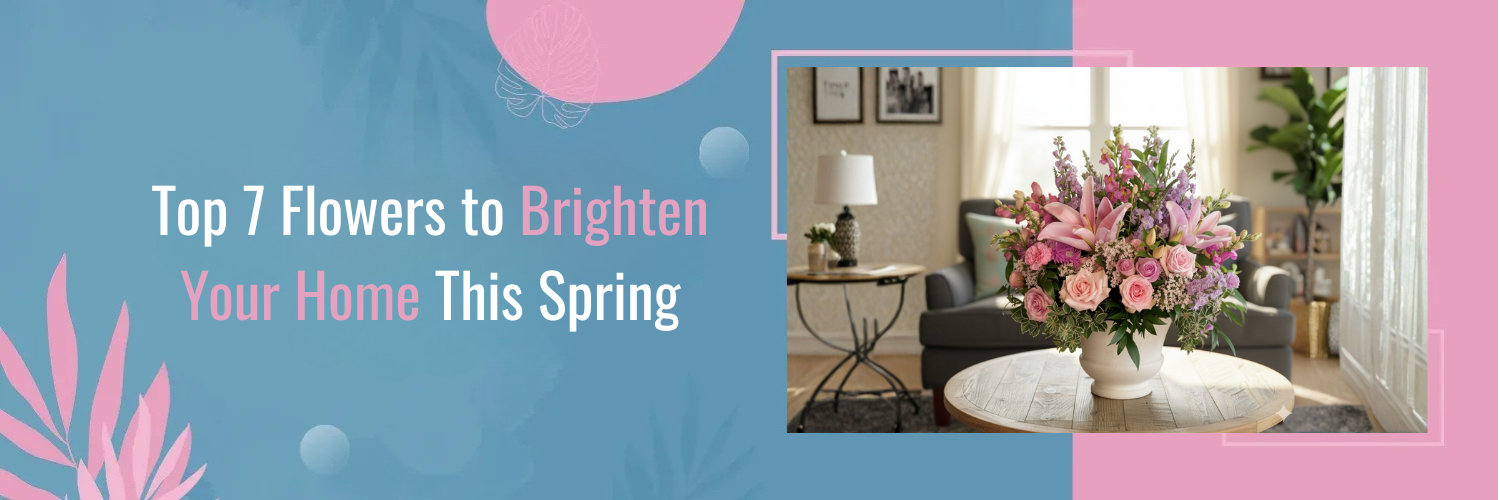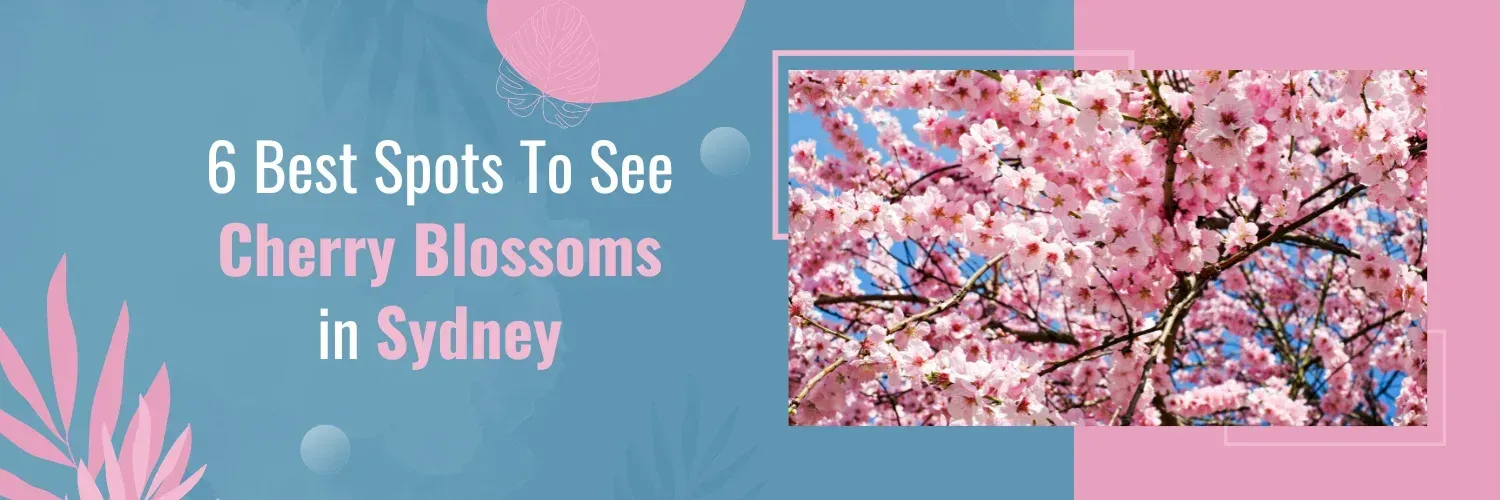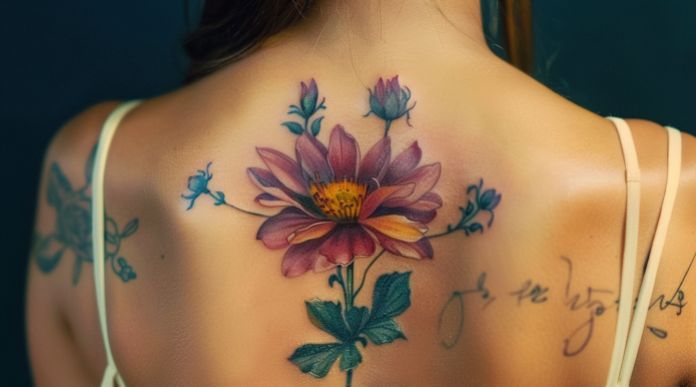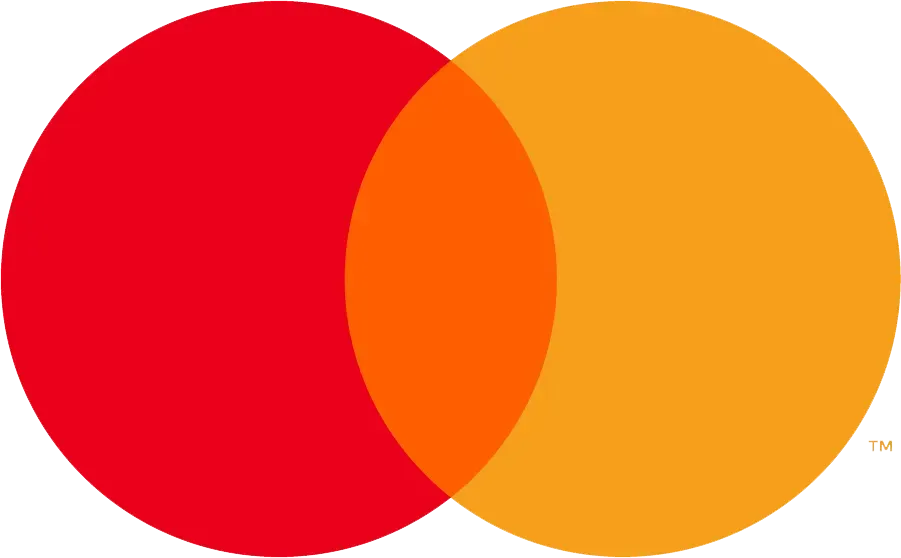Summer Flowers in Australia

Australia is a continent boasting a vast range of ecological environments, from deserts to tropical rainforests. This diversity, combined with its unique geographical location, results in a summer climate unlike any other. This specific climate heavily influences the floral species that thrive within the country. Choosing the right summer flowers not only ensures a garden’s success but also highlights the breathtaking beauty inherent to Australia’s flora.
Australia’s Unique Summer Climate
Australia’s summer differs significantly from those of the northern hemisphere. Given its vast expanse, summer here varies from sizzling deserts to humid rainforests and cool southern coastlines. Such variations mean that while some regions are getting drenched in monsoons, others might be experiencing dry spells. This diversity heavily impacts the floral species that dominate different parts of the continent, making it essential for gardeners to select plants wisely to ensure they thrive in their specific regions.
Top 10 Summer Flowers in Australia

Recognizable by its unique bird-attracting flowers resembling a kangaroo’s paw, this plant is a vibrant addition to any garden. Growing predominantly in Western Australia, the Kangaroo Paw prefers well-drained soils and direct sunlight. During Australian summers, ensure they receive adequate water but avoid over-watering to prevent fungal diseases.
Waratah (Telopea)
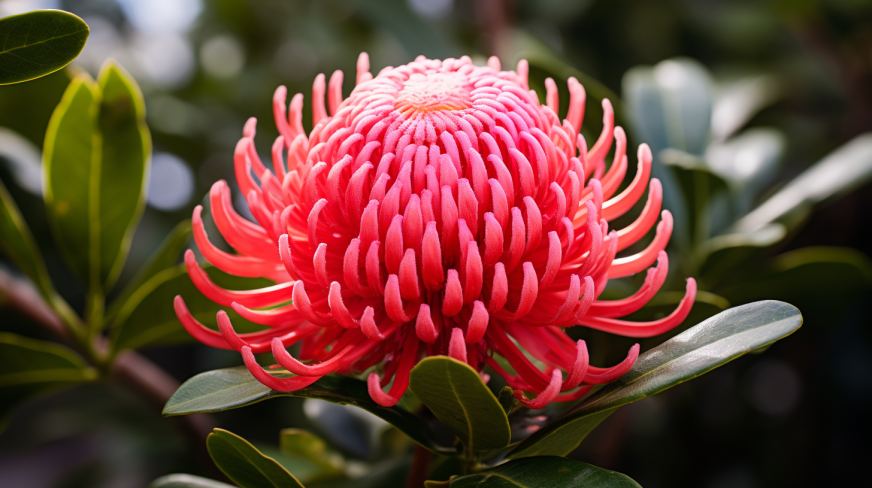
Waratah, the floral emblem of New South Wales, stands out with its bright red flowers and spirally arranged leaves. Thriving in slightly acidic and well-drained soil, the Waratah benefits from regular pruning, promoting new growth and more profuse flowering throughout the warm Australian summers.
Bottlebrush (Callistemon)

These iconic Australian plants get their name from their brush-like flowers, bursting in vibrant reds and yellows. They’re fairly hardy, loving the sun and being drought-tolerant once established. To keep your Bottlebrush blooming vibrantly, regular pruning after flowering is recommended.
Banksia

Banksias are known for their unique, cylindrical flowers and preference for sandy soils. Found primarily along Australia’s coastal regions, these plants vary in size, from shrubs to large trees. With over 170 species, Banksias are most abundant in the cooler southern parts, particularly Western Australia.
Frangipani

With its fragrant and vibrant flowers, Frangipani is a favourite for many Australian gardens. They prefer well-draining soil and at least six hours of sunlight daily. It’s crucial to avoid over-watering as they’re susceptible to rot.
Jacaranda Tree

Adorning streets with their mesmerizing purple blooms, Jacarandas are a sight to behold. These trees prefer a sunny location and thrive in a variety of soil conditions. They’re best planted in open spaces where they can provide ample shade.
Golden Wattle (Acacia pycnantha)

As Australia’s floral emblem, the Golden Wattle dazzles with its bright yellow flowers. They grow well in well-drained soils and require minimal maintenance once established. Regular pruning ensures continued growth and flowering.
Geraldton Wax (Chamelaucium)

Native to Western Australia, this plant showcases delicate pink and white flowers. While they love sunlight, ensure they’re protected from strong winds. Watch out for aphids, a common pest for Geraldton Wax.
Flannel Flower (Actinotus helianthi)

Characterized by their soft, white petals, Flannel Flowers thrive in sandy or well-draining soils. They require minimal watering, making them perfect for Australia’s drier regions.
Sturt’s Desert Rose (Gossypium sturtianum)

This resilient flower showcases lovely lilac petals and a dark red centre. A native to Australia’s desert regions, they’re drought-tolerant and prefer well-drained soil.
Tips for Caring for Summer Flowers in Australia

Watering Recommendations
During hotter spells, watering becomes crucial. Most native Australian flowers prefer deep, infrequent watering over shallow, frequent ones. Good drainage is paramount as waterlogged roots can lead to rot and other diseases.
Soil and Fertilizing
The ideal soil varies between flowers but generally, well-draining soils are preferred. Using native-specific fertilizers during the growing season can bolster your plants’ health and flowering capacity.
Pest and Disease Control
Common pests include aphids, caterpillars, and borers. While chemical solutions exist, natural deterrents like neem oil, beneficial insects, or homemade insecticidal soaps can be effective and environmentally friendly.
Making the Most of Your Summer Garden

Design Tips
When planning your garden, consider plant heights, flower colours
, and blooming times to create a visually harmonious garden. Pair flowers with complementary foliage or garden ornaments for added appeal.
Inviting Wildlife
Many Australian flowers, like the Kangaroo Paw and Bottlebrush, attract local wildlife. By planting these, you not only beautify your garden but also support local ecosystems.
Conclusion

Australia’s summer offers a spectacular array of flowers, each with its own unique beauty and charm. From the vibrant hues of Waratahs to the delicate petals of Frangipanis, these blooms capture the essence of the season.
If you’re looking to bring a piece of this summer splendour into your home or share it with someone special, Bourkes Florist
is here to help. Explore our extensive selection of the best summer flowers Australia has to offer. With our reliable delivery service, you can enjoy these stunning blooms no matter where you are. Place your order now!
FAQs
Q: How do I know if a flower is native to Australia?
Research through trusted botanical sources, local nurseries, or native plant societies can help identify native species.
Q: What are some natural ways to keep pests away from my summer flowers?
Introducing beneficial insects, using neem oil, or planting pest-deterrent plants like marigolds can help.
Q: How often should I repot or transplant my summer flowers?
Most flowers benefit from repotting when they outgrow their current pot or every 2-3 years.
Q: Which of these flowers can tolerate partial shade?
While most prefer full sun, plants like the Waratah and Flannel Flower can tolerate partial shade.
Q: Are any of these flowers toxic to pets or children?
While many Australian native flowers
are non-toxic, always research and ensure safety, especially if children or pets frequent your garden.
















